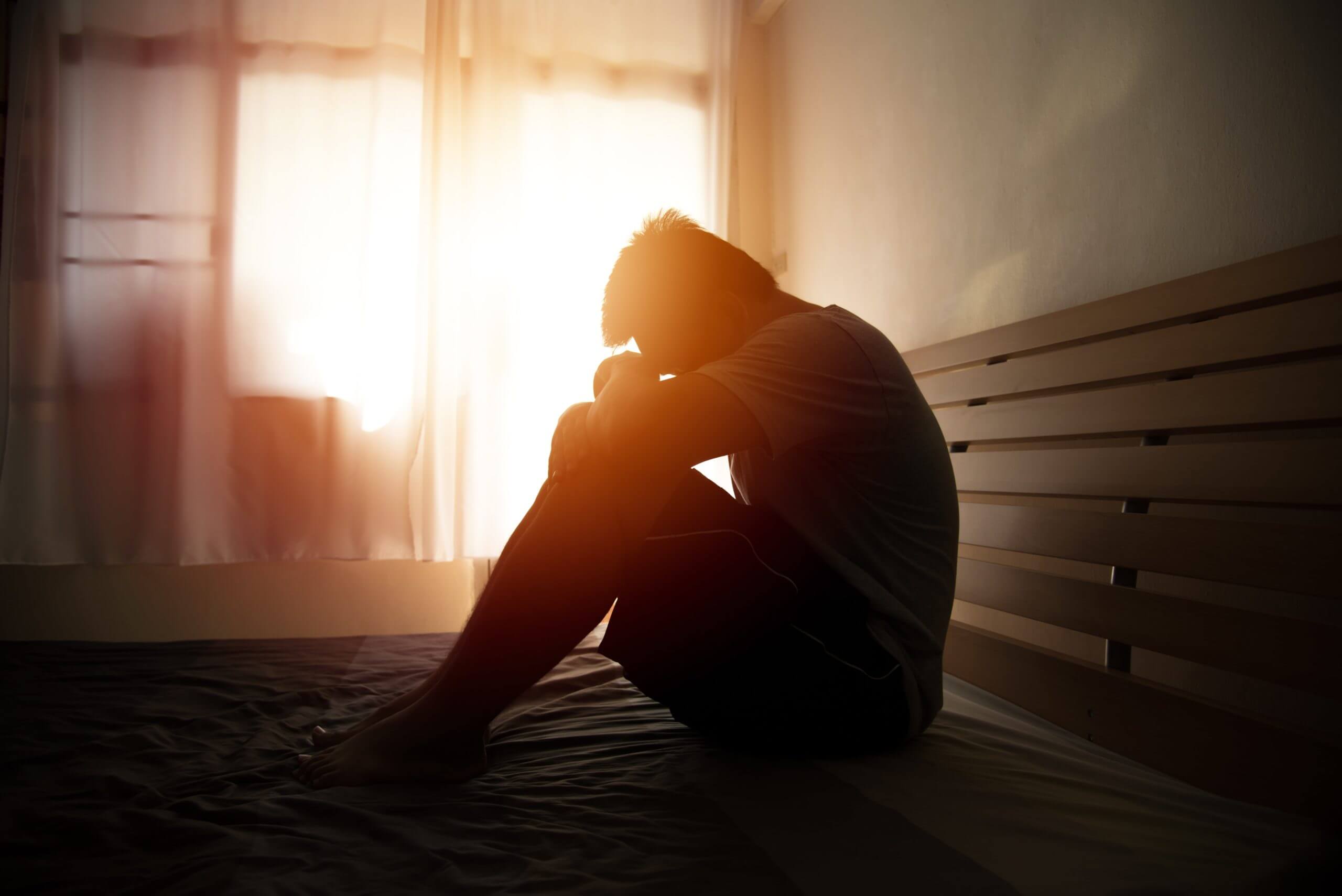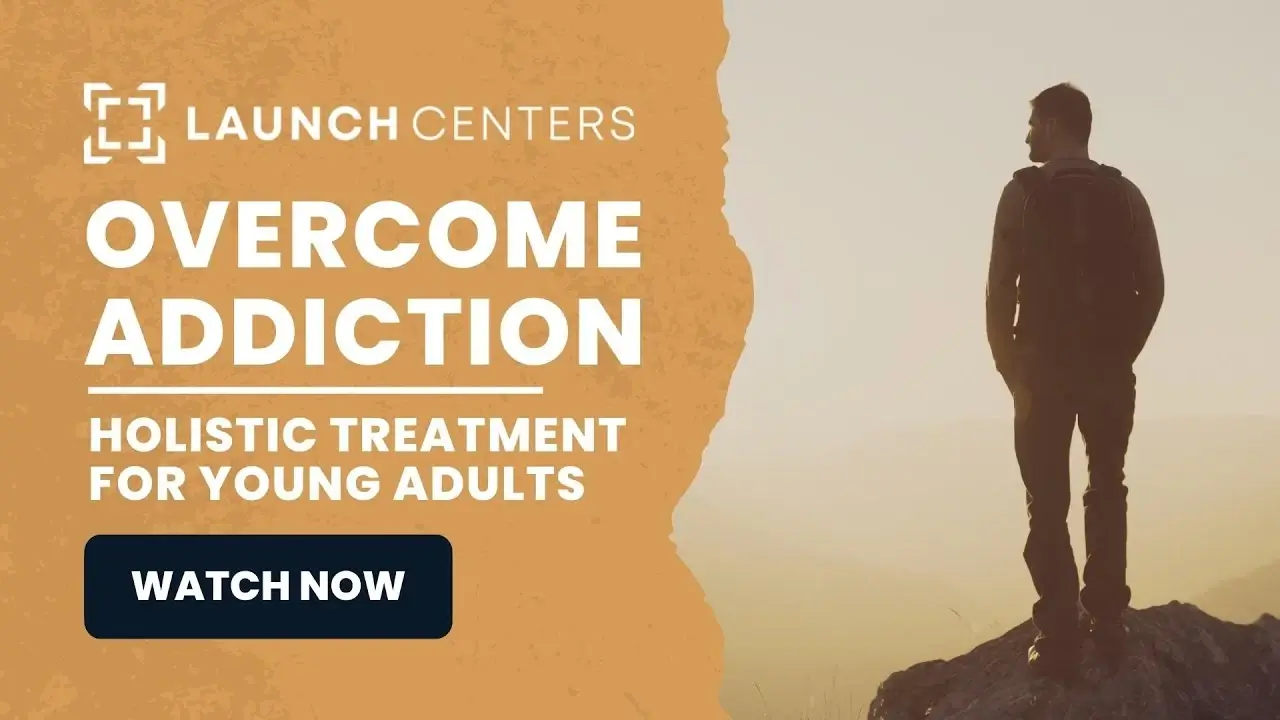
Heroin Treatment In Los Angeles

Signs and Symptoms of Heroin Addiction
When someone is struggling with heroin addiction, they’ll begin to find this substance to be a priority over the rest of their lives, and their health begins to deteriorate. The consumption this substance takes on their lives is beyond any control they have, and assistance is needed to withdrawal and reaches recovery from this disease. Found more commonly among the 18-25 demographic, over 900,000 Americans admitted to using heroin in 2016.
Derived from the natural morphine of a poppy plant, heroin is a manmade opioid that is illegal in use, but is sold on streets by dealers. It is one of the more addictive substances on the illegal market, due to its central opioid ingredient. When this substance is used, it has the ability to implement the change or “high” the person is seeking within minutes, giving a quick reaction. This substance attaches to cells throughout the body and has the ability to manipulate pain, heart rate, pleasure, and other chemical reactions within the body. Because of this, many users find themselves experience symptoms of heroin addiction.
Heroin Overdose Risks
A heroin overdose occurs when someone takes too much of the substance, whether it’s on purpose or on accident. Anyone who abuses heroin is at risk for overdose, especially because the drug is so potent.
Part of the reason why heroin overdoses are so common is because the drug is often laced with other harmful substances. For instance, heroin is often mixed with the powerful synthetic opioid fentanyl, which makes the drug even stronger. However, a heroin user doesn’t know if the drug they’re taking is pure or not. A single dose of pure heroin might be enough to get a person high, but the same dose of heroin plus fentanyl could be lethal.
If someone does overdose on heroin, they can be treated with naloxone, which is a nasal spray used to rapidly reverse the effects of an overdose. Most first responders carry naloxone with them, but anyone can purchase it without a prescription in case of emergencies. People who overdose on heroin usually recover fully within a few days if treatment is administered quickly.
Heroin Rehab in Los Angeles
At our heroin rehab in Los Angeles, our treatment options include inpatient, outpatient, aftercare, sober living, and support groups. Treatment typically includes medications that focus on both behavioral and physical treatments to assist those addicted to heroin to continue on the road to recovery. One of the most applied types of treatment is pharmacological or medication assisted treatment (MAT), where medicine is used to assist those battling a heroin addiction. Both of these treatments are available for both inpatient and outpatient treatment options in Los Angeles. For heroin abuse, the most common medication provided is Buprenorphine, which is used to mimic the feelings of heroin, which aid in withdrawals, as it is weaker and helps the body adjust to treatment.
Inpatient treatments require those addicted to heroin to stay within the facility full time and receive care around the clock to assist with recovery. These patients have the ability to interact with others who are also suffering from heroin addiction. Therapies include individual sessions with counselors, as well as group sessions. There is also family involvement for these patients, that helps both them and family members adjust with the addiction. In addition, family members obtain therapy to continue with recovery after treatment has been completed.






